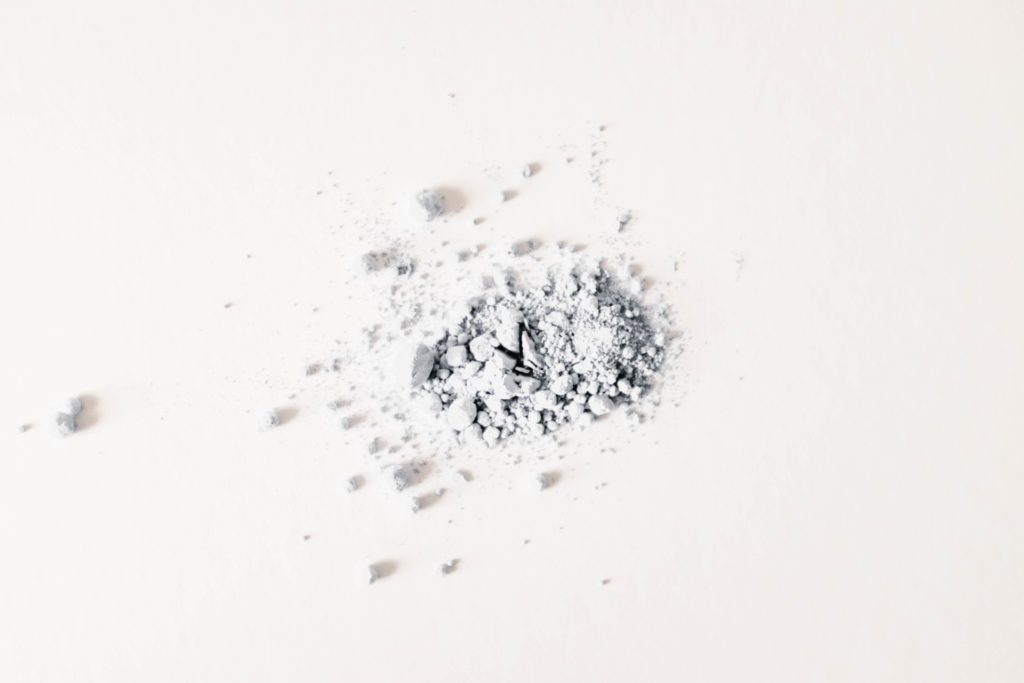Talc Powder Discontinued—Do You Have a Claim?

Johnson & Johnson has officially announced that it would discontinue its talc baby powder products in the United States and Canada. The company has been served in thousands of lawsuits alleging the company did not warn consumers of the dangers of asbestos exposure in the company’s popular baby powder. Over 50 years of Scientific studies have linked J&J’s products with ovarian cancer and have established a basis for multiple lawsuits that have reached over $4 billion in damages.
The History of Talcum Powder Lawsuits
The controversy surrounding Johnson & Johnson began as early as 2013 with multiple plaintiffs coming forward with lawsuits against the company. These cases were based on the allegations that J&J knew their talc powder could contain asbestos and falsely advertised their safety. As a result of compensatory and punitive damages paid out to these cases, the company saw declining sales in the United States and Canada, leading to it officially ending sales in those countries, as reported by Bloomberg.
As of June 30, 2019, over 15,000 lawsuits had been filed against J&J, the most notable of which is a $4.69 billion verdict in damages to 22 women and their families who claimed asbestos in J&J talcum powder caused their cancer. $4.14 billion of that award was for punitive damages in an effort to punish the company for wrongdoing. Other verdicts have been reached over the past few years, with damages ranging in the tens of millions.
Why Is Talcum Powder Dangerous?
Although the awards have been sizable for plaintiffs of talc powder lawsuits, the company still vigorously defends its products and their quality. Thus, moving forward with a claim against the company requires a detailed case that draws a clear connection between the company’s products and the victim’s injuries.
Talc powder product liability claims are based on the argument that J&J utilized asbestos-contaminated talc in the production of their products, particularly their baby powder formulas. Asbestos has long been linked to various forms of cancer, including mesothelioma, and often takes years to develop. This material is mined in the same parts of the country where talc is, and it is not uncommon for talc minerals to carry asbestos as well. When manufactured into J&J products, namely Shower-To-Shower baby powder, these products have the potential to cause ovarian cancer in recipients who use them on their genitals.
Scientists have been researching the link between ovarian cancer and talc products since as far back as the 1960s, but there have been several follow-up studies over time that further support these claims. Recently, in a study published in Epidemiology, researchers compared the health of thousands of individuals with ovarian cancer and individuals without cancer and factored in the frequency at which they used talcum powder on their genitals. The study showed that 33% of individuals who used talcum powder developed cancer, upholding many plaintiff’s claims.
The Basis for a Talc Lawsuit
These staggering numbers provide validity to plaintiffs’ arguments, but major health organizations have been resistant to denouncing J&J’s products. In addition, the Food and Drug Administration (FDA) currently does not review their products, as they are largely cosmetic and do not fall under the agency’s jurisdiction, although they have begun extensive research in recent years. Thus, cases against J&J are not clear cut and, despite massive wins in the past, plaintiffs still face an upward climb in receiving compensation.
However, that does not mean it is impossible. As more and more cases come forward and win large settlements, attorneys are able to set a precedent for recovering compensation from J&J. In addition, the FDA has since discovered asbestos in J&J baby powder, leading to a mass recall of baby powder in 2019.
To successfully file a product liability claim against J&J, an attorney must demonstrate that:
- The plaintiff used J&J talc-based products, including baby powder, and was exposed to asbestos-contaminated talc
- The plaintiff received a medical diagnosis for ovarian cancer that is linked to asbestos-contaminated talc powder
- J&J did not provide proper warnings about the cancer risks in their products
While the first two steps require expert medical opinions and the backing of scientific research, arguing that J&J failed to provide warnings is not as difficult, as the company still does not have warnings about the dangers of ovarian cancer. Ovarian cancer is also not the only basis for a talc lawsuit. Asbestos is shown to cause several types of cancer, including:
- Mesothelioma
- Borderline serous tumors
- Borderline mucinous tumors
- Cervical cancer
- Fallopian tube cancer
- Lung cancer
- Uterine cancer
In addition, talc has also been linked to lung-related medical conditions such as asthma.
Believe You Have a Talc Product Liability Claim? Call Us!
With J&J abandoning sales in the United States and Canada, there is hope that these products will no longer claim future victims. However, there is still a long road ahead in securing justice for thousands upon thousands of plaintiffs. J&J is still fighting settlements and is currently trying to appeal major verdicts. Any plaintiff can expect to go up against a large team of aggressive lawyers.
To ensure you receive a fair shot at compensation, you will need Bottlinger Law L.L.C. at your side to advocate for you and your case. A talc lawsuit is not an easy task and will require a dedicated Omaha product liability attorney that thoroughly understands these cases’ history. Call us at (402) 505-8234 to schedule a free consultation and discuss your case if you believe you developed ovarian cancer as a result of asbestos-contaminated talc powder.
Bottlinger Law
Consultation Form
Our legal team is ready to help. Please fill out the form below to set up a free consultation with the Bottlinger Law team.